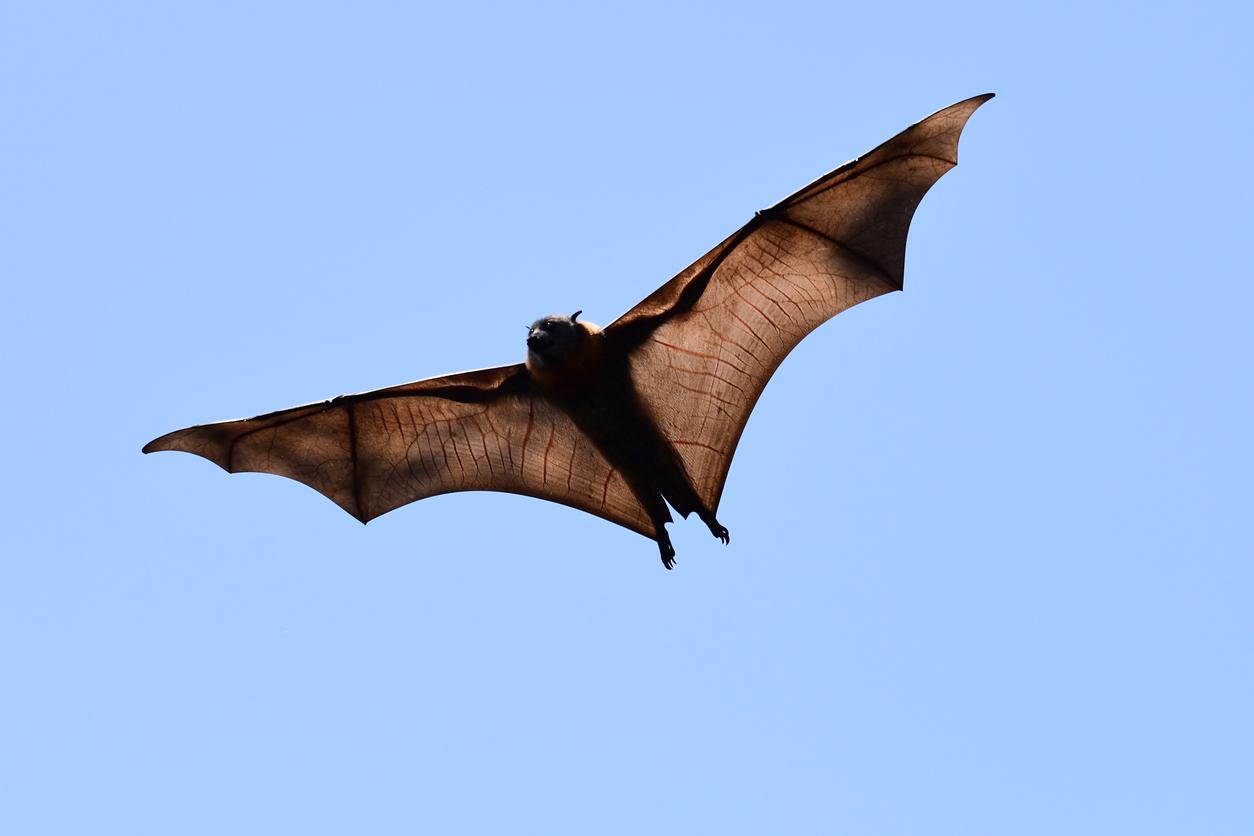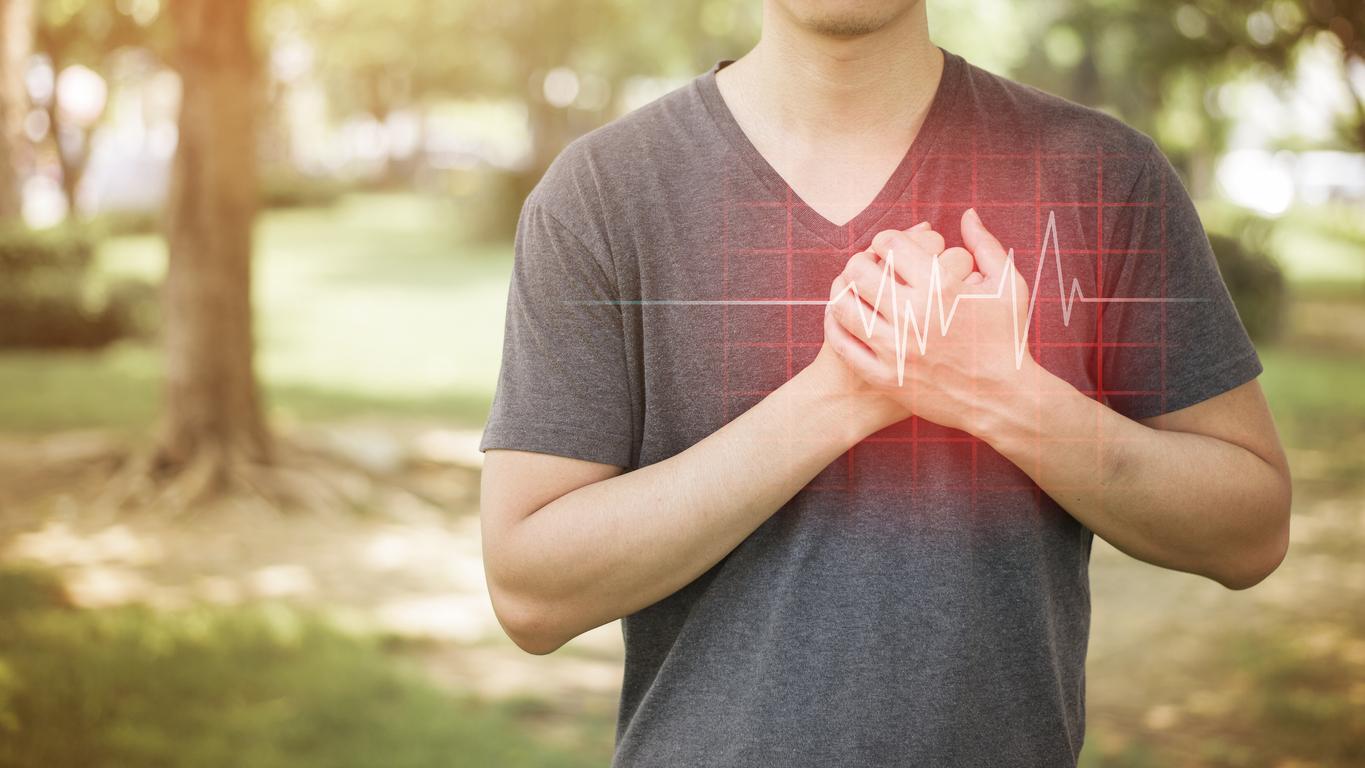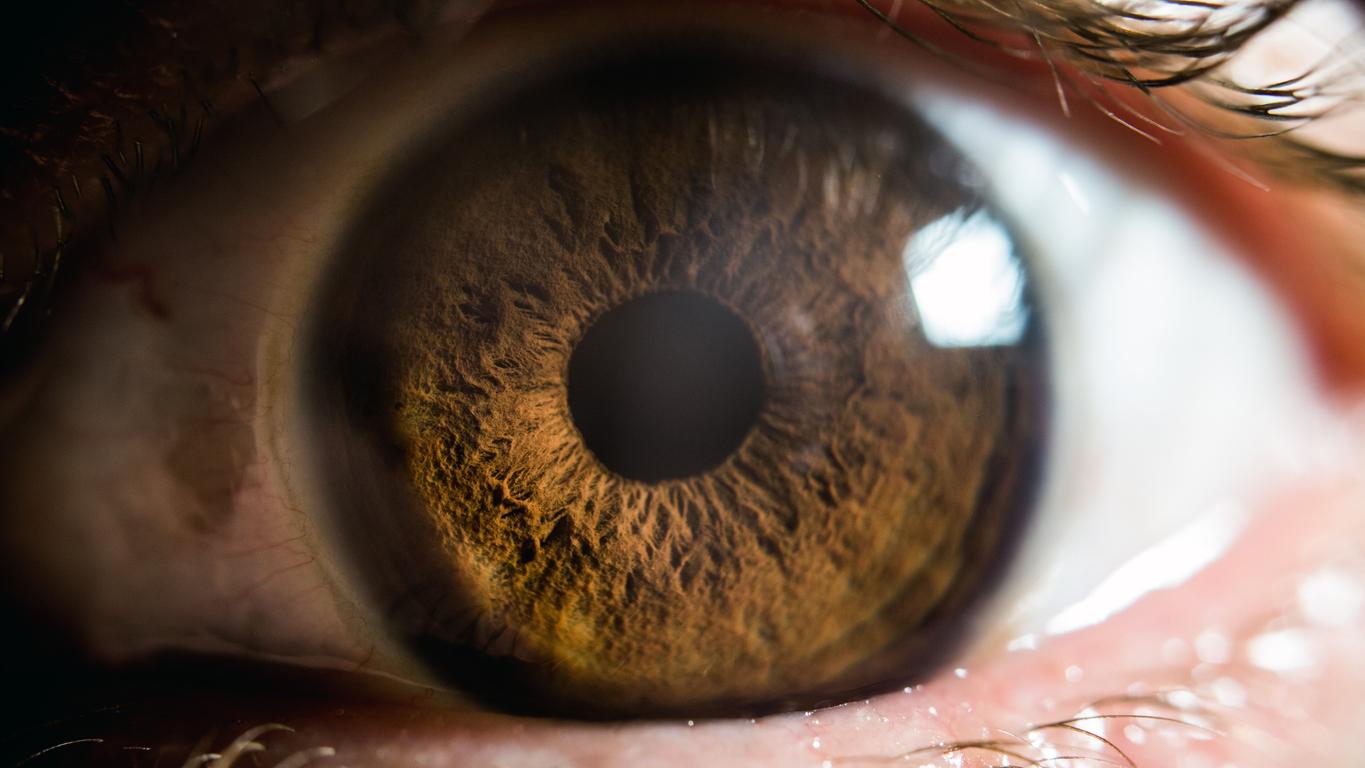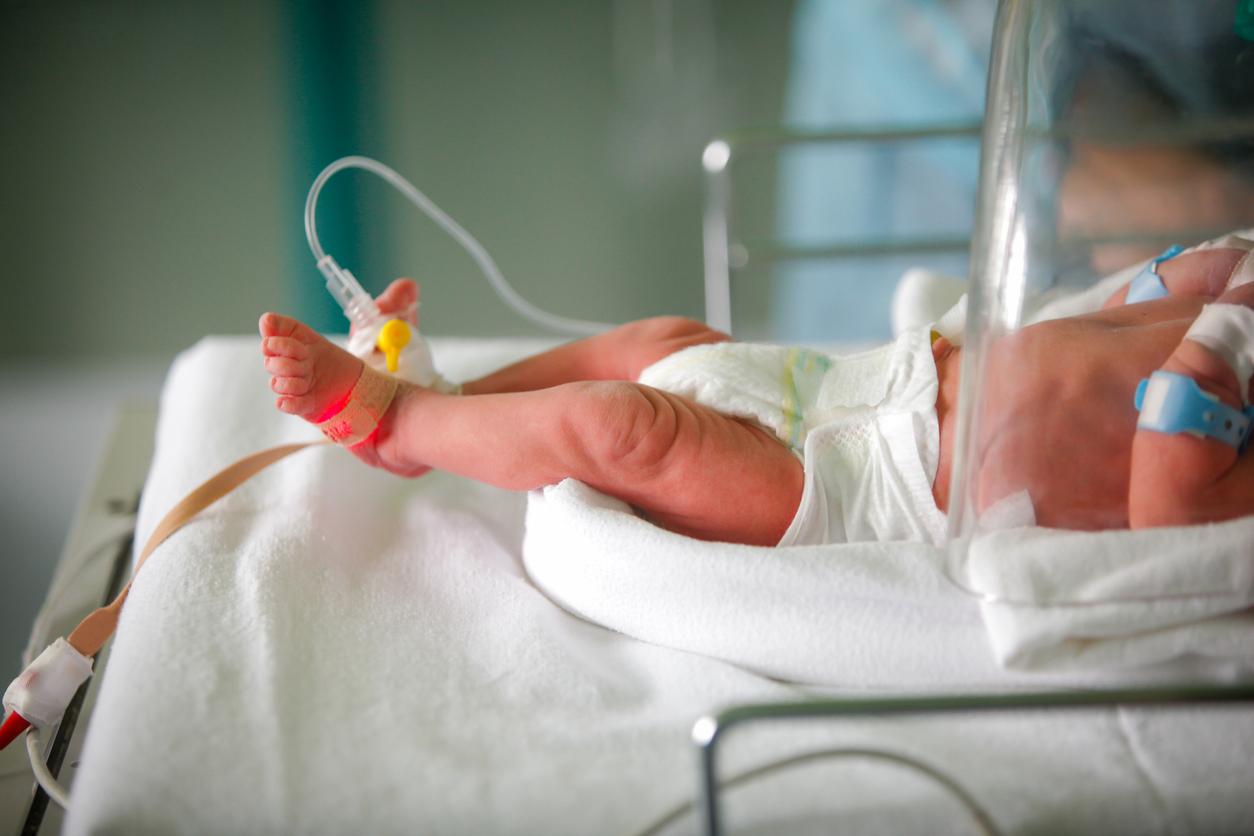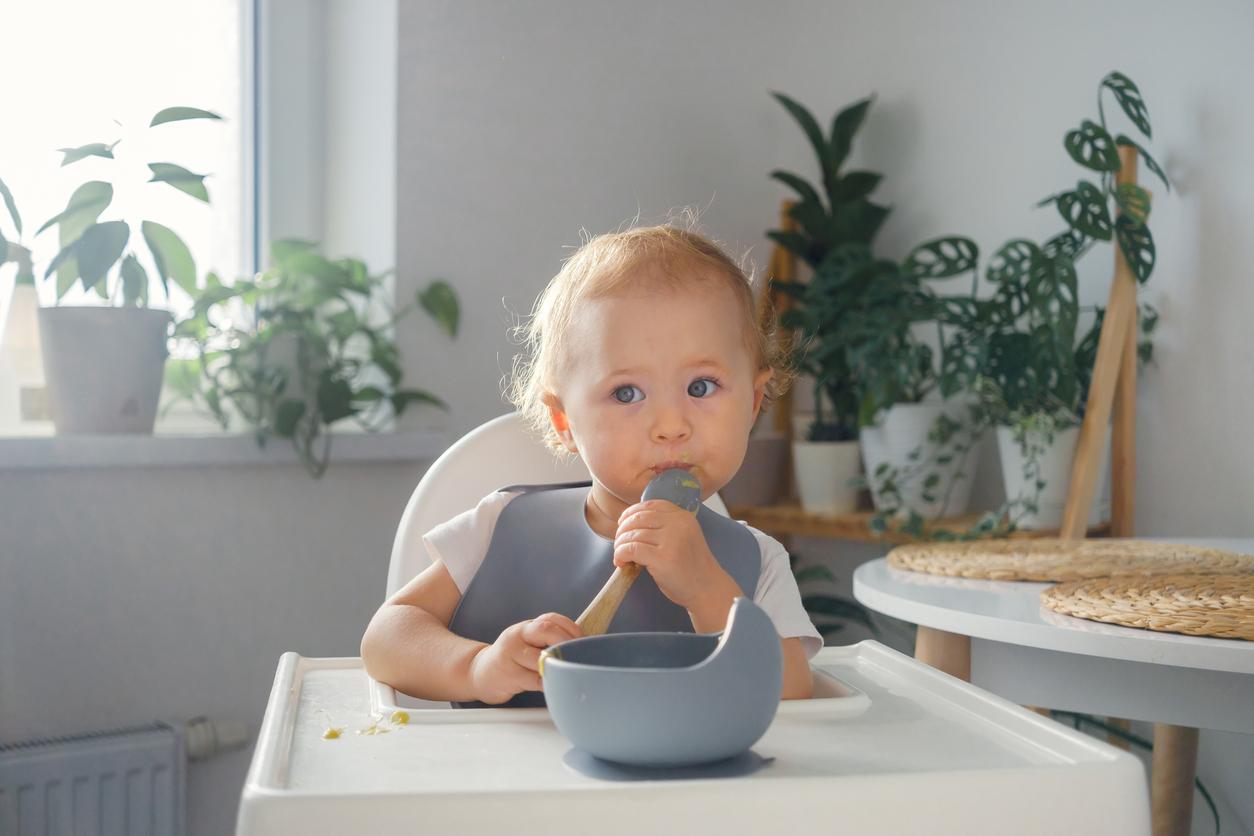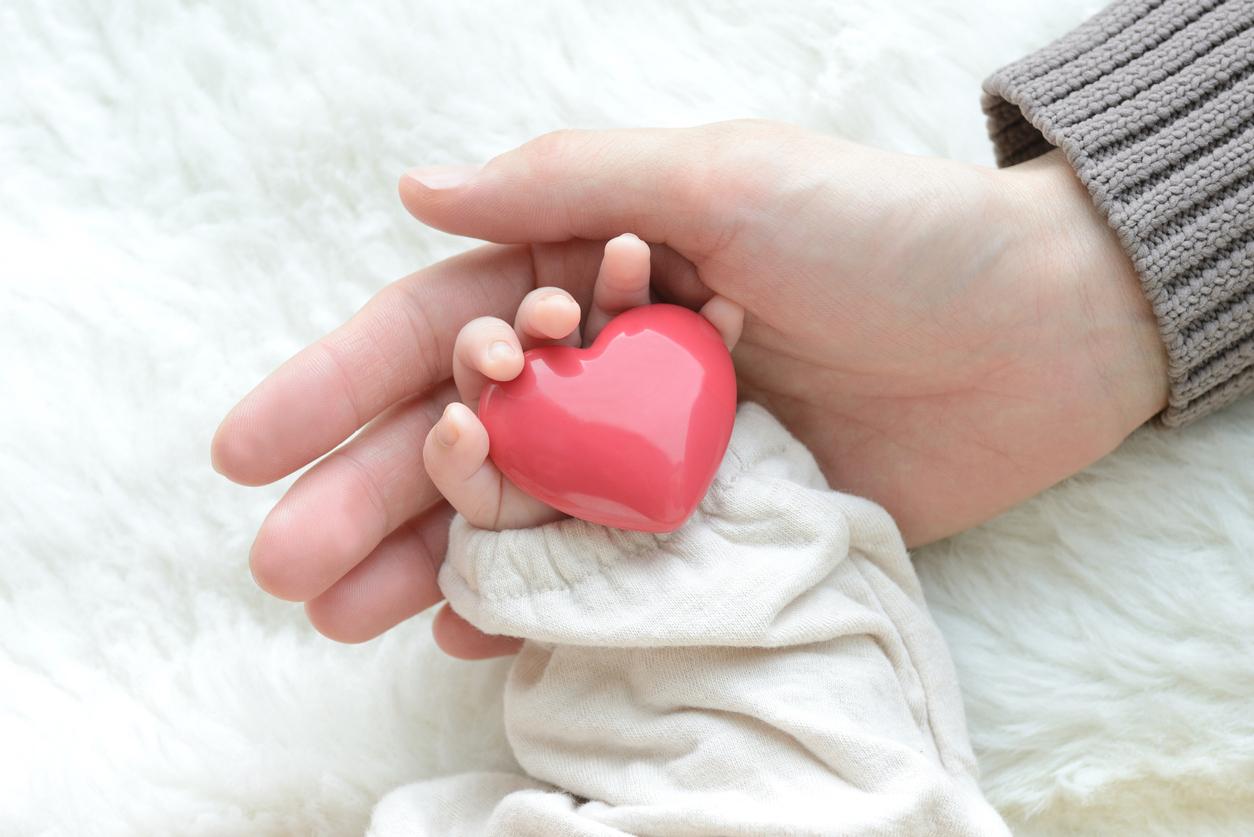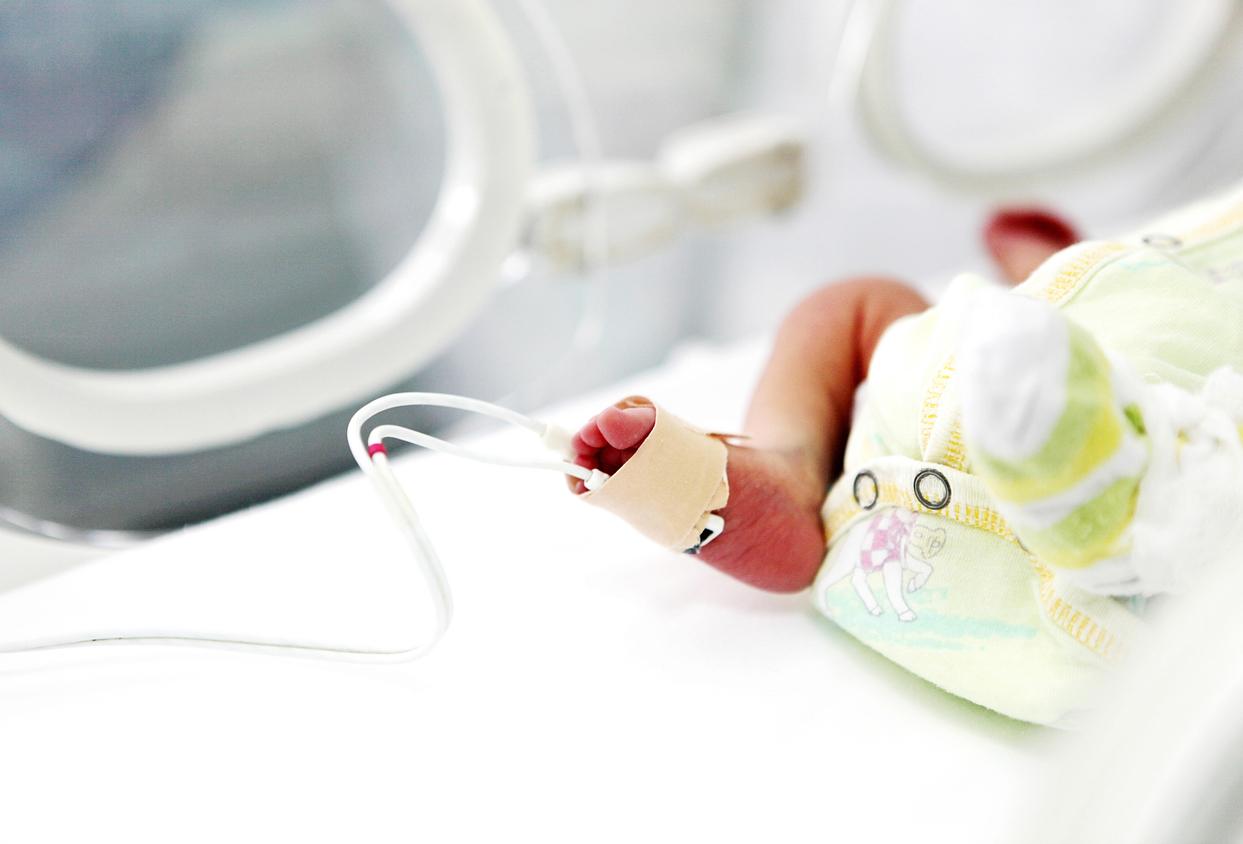Some of these antibodies manage to pass from the placenta of the mother into the blood of the baby, who is thus born without being a carrier of Covid-19. All the interest is now to know if this protection against the coronavirus holds up over time.
-1612334774.jpg)
- Antibodies against SARS-CoV-2 have been found in the placenta of pregnant women.
- Some of these antibodies were able to cross the barrier of the placenta to mix with the blood of newborns, thus providing them with protection.
- At birth, none of the infants tested positive for Covid-19, but researchers don’t know how long this immunity will persist.
Pregnant women can produce antibodies against Covid-19 and transmit them to their child, without knowing more about the persistence of this protection over time. Researchers from the University of Pennsylvania (United States) have discovered anti-SARS-CoV-2 antibodies in the placenta of several pregnant women who tested positive for Covid-19 during their pregnancy. The results of this study were published in the Journal of the American Medical Association on January 29, 2021.
With the Covid-19 pandemic raging on the planet for more than a year now, the international scientific community is seeking to better understand the effects of the coronavirus on infected people, and pregnant women are an intriguing case. Several researches suggest that they are at greater risk of developing severe symptoms than the general population. However, the most worrying part concerns the future of children, both during pregnancy and after childbirth.
Immunity of unknown scope
To better understand the situation, the researchers examined the placentas of 1,470 women infected with SARS-CoV-2. The team looked for both the presence of the virus and antibodies that appear as part of an immune response, and found antibodies against SARS-CoV-2 in 83 placentas. Thus, it is likely that the antibodies made their way to the babies, giving them protection against the virus.
Strangely, the number of antibodies found in the placenta reflected the mother’s level of contamination and when she was infected. As proof, more antibodies were found in the placentas of women who had been infected at the start of their pregnancy than in those who had contracted the virus at the end of gestation. For the time being, however, it remains impossible to know what level of protection these antibodies provide to the baby, nor for how long they manage to persist in the infant.
In their study, the researchers found that only immunoglobulin G antibodies were able to make their way into umbilical cord blood. They noted that none of the babies in their study tested positive for Covid-19, which is a good sign, but not enough to say that babies cannot be infected while still in the uterus.
.



